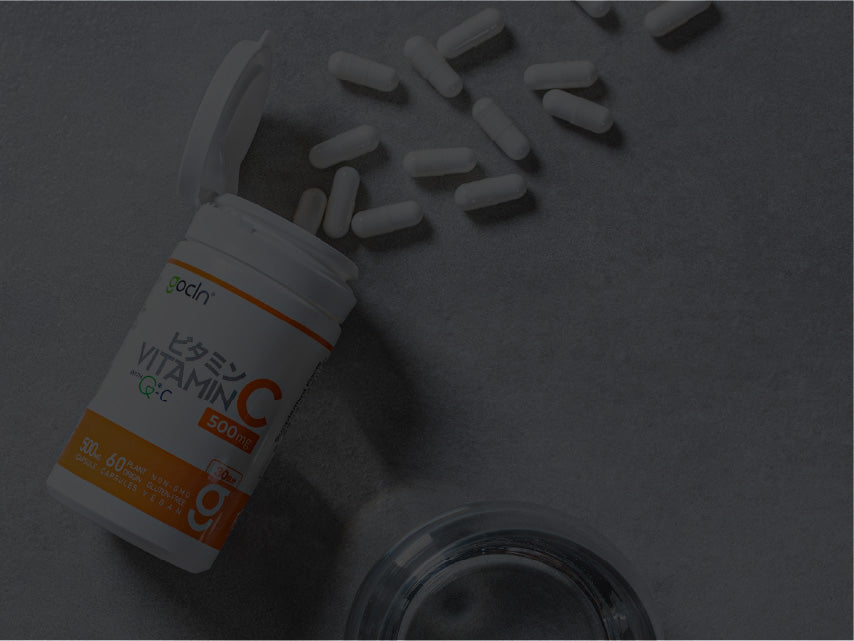The Power of Sleep: Nature’s Greatest Health and Performance Enhancer
Quantity and Quality: A Matter of Priorities
The average modern adult needs between seven to nine hours of sleep. The average modern adult getsabout seven hours of sleep. It’s estimated that about 33% of the population gets less than six and a half hours of sleep. Women tend to get more sleep than men, and people who carry more body fat tend to sleep less than their leaner counterparts. In addition, some studies suggest that people who get less than six hours of sleep might gain up to twice as much weight over a six-year period compared to those who sleep seven to eight hours per night. However, on average, those who sleep more than nine hours per night tend to have similar body composition outcomes as those who sleep fewer than six hours (2).
Common consequences of routinely getting less than six hours of sleep are:
- Memory loss, loss of performance, alertness, and concentration
- Becoming unaware of the above impairments–they become your norm
- Two times more likely to get into a car accident
- 200% more likely to have a heart attack in your lifetime
- You will likely eat more, due to the increased hours in your day
- The calories you consume will likely be of lower quality because we tend to crave sugary/fatty foods when sleep-deprived
- The body goes into a pre-diabetic state, so your body won’t be nearly as effective at handling calories you consume
- Your immune system becomes compromised
- The risk for cancer, heart disease, and Alzheimer’s increases substantially
- Your lifespan will likely be shortened
The number of people who can survive without impairment on less than six hours of sleep is ZERO.
Sleep debt is cumulative, so it’s relatively easy to dig yourself into a hole in just a few nights of poor/short sleep. The good news is that it’s possible to climb back out in just a few nights of adequate sleep. It’s hypothesized that each hour of sleep debt needs to eventually be repaid. (2)
The consequences of sleep deprivation are many and serious, so why do we allow ourselves to shave-off precious hours of sleep? It’s a matter of priorities. Of course new parents, shift workers, and first-responders will experience disruptions in their natural sleep/wake rhythms–it comes with the job. Additionally, most of us experience nights of poor sleep once in a while. However, most people get inadequate sleep because they choose to delay their bedtime.
Watching TV, checking social media on your phone or computer, and going out with friends are some of the biggest contributors to delaying bedtime. For those of you who like to pull all-nighters, know that not sleeping for nineteen hours can cause you to be as cognitively impaired as a drunk person and you won’t consolidate your memories. Therefore, you will not perform nearly as well on exams, presentations, or any other basic daily duties.
If we were to remove these forms of stimulation, especially the electronic type, it’s likely more people would get about eight hours of sleep each night, due to the natural sleep/wake cycles of the human brain.
Daytime Preparation:
A good night’s sleep starts in the daytime. Here are some strategies for setting yourself up for success:
- Get 10-12min of Mechanical breathing, meditation, or mindfulness practice
- Start your morning with 12-20oz of lightly salted water (with lemon juice, if possible)–Kickstart hydration and digestion for the day
- Limit optional sitting.
- Take it one step further by trying to get 10,000 steps per day
- Get in some exercise–30-60min of a challenging activity you enjoy
- Eat a wide assortment of fruits and vegetables thoughout the day.
- Eat lean protein with each meal
- Limit Alcohol Intake…
- Limit Caffeine Intake…
Sleep Hygiene
There is no substitute for good sleep hygiene. Here are some key habits you can build into your nightly routine to optimize your bedtime ritual:
Pre-sleep:
- Drop your core body temperature with a cold plunge or shower.
- Limit blue light exposure:
- Turn off the TV and computer, engage “Night Shift” on your phone if you need it. Use and app like F.lux if you need to do some work close to bedtime.
- For bonus points, start dimming lights around your house or apartment about 30 minutes before bed.
- For nutritional support, Tart Cherry Juice and Magnesium help the body relax.
- 10 minutes of The Ready State-style soft tissue work and deep breathing to help switch on the parasympathetic nervous system.
- Aim to prepare for and go to bed at the same time every night.
Sleep and Environment:
- Your room must be dark and quiet:
- No lights or electronic distractions (TV, phone, computer, etc.).
- Blackout curtains are a must.
- Use an eye mask and/or earplugs if you live in an especially lively environment.
- Your room must be cold:
- About 65 degrees fahrenheit.
- Use the same pillowcase, especially if you travel.
- If you need an alarm clock, purchase a cheap, digital clock with dim, red numbers, and cover or block the number display.
Conclusion
Sleep, like any other physical activity, can be tracked. Whether you use an electronic tracker, like the Whoop Band, or you keep a physical journal, it is important to build awareness around the quantity and quality of each night’s sleep. How many hours did you spend in bed? About how many hours do you think you slept? If you find you are lacking your sleep practice, find out why. Is it something you’re eating, a new medication, alcohol use, caffeine, or delaying bedtime?
Perhaps keeping a food and sleep journal might help you keep track of what’s coming into your body and how it’s affecting your precious hours of sleep each night. Again, sleep is your greatest ally in having a successful day and a healthy life. Here are some parting words from a special friend of The Ready State:




